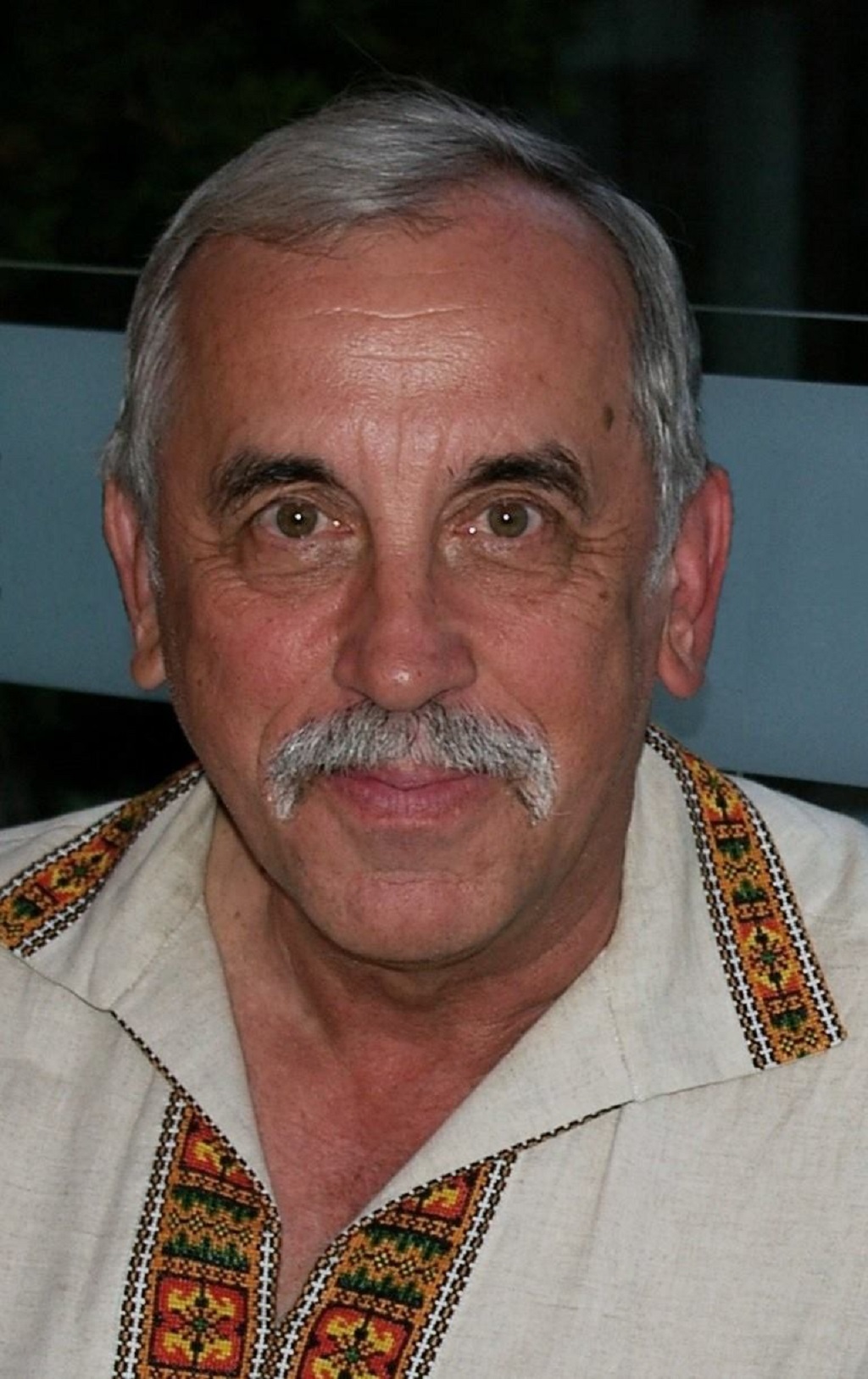Volodymyr Kish.
I was greatly saddened this week to hear of the passing of Kateryna “Kay” Slepokura, or “Pani” Slepokura as I knew her from those days in the far northern Quebec town of Rouyn-Noranda where I was born and spent the early years of my life. She was the teacher of our little Ukrainian dance group and a larger than life figure, a veritable pillar of the close-knit Ukrainian community in this remote mining town.
In the years following the end of World War II, a large number of Ukrainians settled here, most of them refugees from the Displaced Persons (DP) camps in Germany. They came here because the mining industry was booming and there were plenty of relatively high paying jobs even for immigrants with few credentials who did not speak either of Canada’s native languages. They were joined by a handful of Second Wave Ukrainians that had come decades earlier and who had learned how to adapt to the requirements of living in this foreign land.
They had to be self-sufficient since the social safety net that we take so much for granted these days, was quite rudimentary back then. Surrounded by a sea of French, English and Indigenous locals, they came together and created a virtual Ukrainian village. The original settlers built a Prosvita Ukrainian cultural center which in the early 1940’s became a branch of the Ukrainian National Federation. They built a church, largely with their own hands, renting cement mixers and working evenings and weekends. They organized a Ukrainian Saturday school, a dance group, a drama group and a choir. During the late 1940’s and early 50’s, they took care of the large influx of DP’s that arrived there with little more than the clothes on their backs. They found them lodgings and work and provided whatever assistance was necessary until they could get established and back on their feet.
All this was made possible by the efforts and dedication of some extraordinary individuals who took it upon themselves to provide the leadership and expertise to establish a Ukrainian home away from home for a large group of people who had by virtue of war and oppression been forced to leave their homes and native land. “Pani” Slepokura was one of these individuals.
I am not sure how she learned to be a dancing teacher and choreographer, though I assume she was one of the disciples of Vasyl Avramenko, who almost singlehandedly taught a whole generation of dance teachers across Canada and the U.S. in the period between the two world wars. She was a demanding teacher, and though I may have grumbled a lot at the time, she taught me how to dance and Ukrainian dancing became a deeply embedded aspect of my character.
But she was not unique. Adversity seems to bring out the best in Ukrainians, and there was no shortage of similar individuals who volunteered their time, energy and even their limited financial resources to keep their ethnic identity and culture alive in this remote northern wilderness. I remember them vividly to this day.
There was Father Lev Chayka, who spearheaded the building of half a dozen Ukrainian churches in Rouyn, Val D’Or, Kirkland Lake and in several other neighbouring communities.
There was Dmytro Wowk, the director of the UNF choir. Mrs. Anna Krawec, Ukrainian school teacher and producer of a weekly Ukrainian program on the local radio station. Also volunteering as teachers at the Ridna Shkola were Petro Balyta, Ivan Zub and Yuri Zuk. Then too, there were Onufriy Slobodian, Ivan Frantsuz, Maksym Sydoruk, Hryhory Zahoruk, Ivan Martiniuk, Petro Pruniak, Mykola Boborchuk, Adam Slepokura, Ivan Zub and Ivan Urutskiy amongst others, who served many years on the executive of the local UNF branch, whose hall was the center of Ukrainian life in the area.
I grew up in this virtual Ukrainian village, and these people were the role models for me of what a Ukrainian should be like. To be sure, it was not totally an idyllic and united community. As with most Ukrainians elsewhere, there were ideological, generational, religious and regionally inspired differences. Nonetheless, all were committed to the importance of preserving the language, history and culture of their ancestors, and the generosity and dedication they exhibited towards this cause were a powerful lesson to a receptive and impressionable young lad like myself.
Fast forward fifty, sixty years, and the Ukrainian communities with which I am involved in southern Ontario, are a far cry from that “virtual” Ukrainian village in the Rouyn of my youth. The dynamics have changed considerably, caused in large part by the fact that we are no longer mostly a community of immigrants, but rather the first, second and third generation descendants of those Ukrainians that started new lives in this land of Canada. We are more used to success and comfort than adversity
The one thing that hasn’t changed is that there are still individuals within the Ukrainian community that have that same spirit and dedication as those role models of my youth. I have had and continue to have the honour of working with many of them in my organizational life. Like myself, most of them inherited that Ukrainian spirit from those remarkable individuals that shaped our youth. I hope we will do likewise and do them justice for their efforts and achievements.
Share on Social Media




































